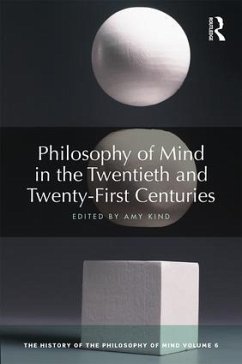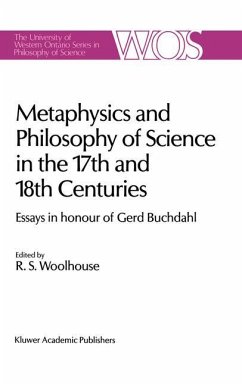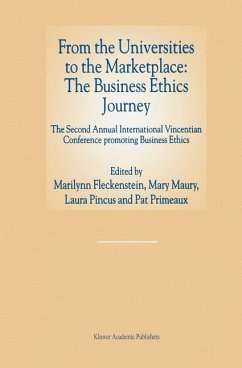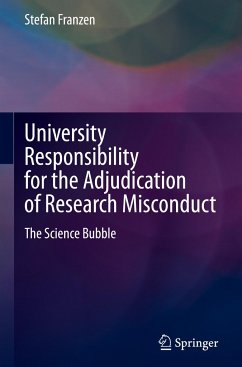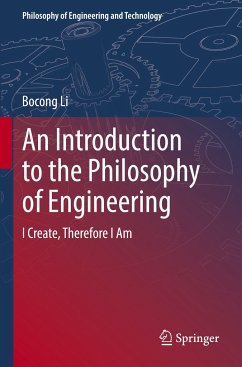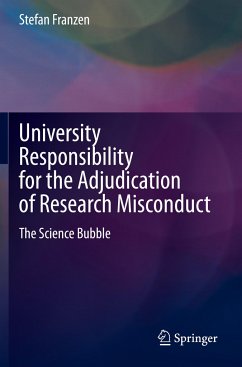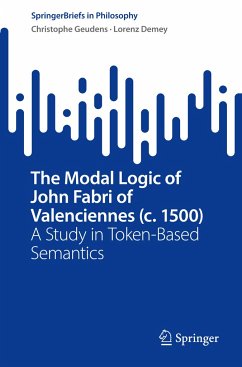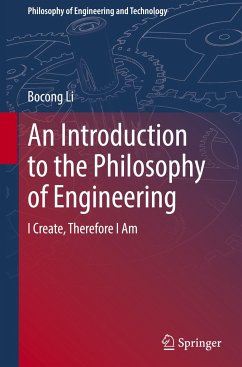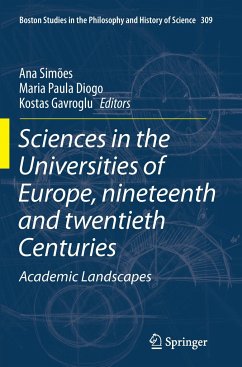
Sciences in the Universities of Europe, Nineteenth and Twentieth Centuries
Academic Landscapes
Herausgegeben: Simões, Ana; Diogo, Maria Paula; Gavroglu, Kostas
Versandkostenfrei!
Versandfertig in 6-10 Tagen
91,99 €
inkl. MwSt.

PAYBACK Punkte
46 °P sammeln!
This book focuses on sciences in the universities of Europe in the nineteenth and twentieth centuries, and the chapters in it provide an overview, mostly from the point of view of the history of science, of the different ways universities dealt with the institutionalization of science teaching and research. A useful book for understanding the deep changes that universities were undergoing in the last years of the 20 th century. The book is organized around four central themes: 1) Universities in the longue durée; 2) Universities in diverse political contexts; 3) Universities and academic rese...
This book focuses on sciences in the universities of Europe in the nineteenth and twentieth centuries, and the chapters in it provide an overview, mostly from the point of view of the history of science, of the different ways universities dealt with the institutionalization of science teaching and research. A useful book for understanding the deep changes that universities were undergoing in the last years of the 20 th century. The book is organized around four central themes: 1) Universities in the longue durée; 2) Universities in diverse political contexts; 3) Universities and academic research; 4) Universities and discipline formation. The book is addressed at a broad readership which includes scholars and researchers in the field of General History, Cultural History, History of Universities, History of Education, History of Science and Technology, Science Policy, high school teachers, undergraduate and graduate students of sciences and humanities, and the general interested public.






